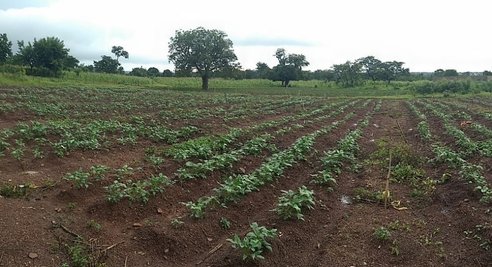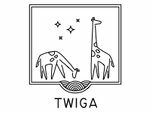The Makerere component: citizens observations for crops & atmospheric physics.

Makerere University through the Department of Zoology, Entomology, and Fisheries Sciences (ZEFS), College of Natural Sciences, is part of the TWIGA consortium. The two components that Makerere will focus on are: Citizens observations of crops and Atmospheric physics. For the first blog, we will focus on the Citizens observations of crops. Citizens observations of crops The first, led […]
How TWIGA will improve heavy rain forecast in Africa

The prediction of heavy rainfall is a critical issue in several countries. In Africa, the scarcity of data to support such predictions makes it fundamental to improve the monitoring of atmospheric parameters. TWIGA researchers will set up a system that exploits satellite images and in-situ measurements to derive useful data for meteorological agencies to improve the prediction of […]
TWIGA Days at the Kwame Nkrumah University of Science and Technology, Kumasi, Ghana

TWIGA aims at the provision of currently unavailable geo-information on weather, water, and climate for sub-Saharan Africa. This is done by: (1) enhancing satellite-based geo-data with innovative in-situ sensors and; (2) developing related information services that address the local needs of African stakeholders and the GEOSS community. The TWIGA days organized at the Kwame Nkrumah […]
Drone training at KNUST in Kumasi

The recipe for a successful drone training week: 11 motivated participants. 1 Flying Sensor. 1 challenging task to perform. Perfect facilities (Thank you Mr Isaac Duodu from Kumasi Business Incubator!). The right assistance (Mr Joel Budu from Farmerline!). That`s what it takes to perform a week`s training and finish it successfully. Coming from different professional backgrounds […]
Of Science and Sensors: TWIGA at AGU

Of Science and Sensors: TWIGA at AGU The Fall Meeting of the American Geophysical Union (AGU) is each year one of the highlights of many environmental scientists. The conference is probably the biggest gathering of earth and environmental sciences in the world, with around 25,000 attendees. This year the event landed in the cavernous convention […]
From “nice idea” to “actionable information

An important output of the TWIGA project will be new geo-services (twenty!) based on the application of innovative sensors. In order to speed up the development of these services, a Hackathon was organized from 19 through 23 November 2018 at the Kwame Nkrumah University of Science and Technology in Kumasi Ghana. The objective was to […]
How to obtain actionable requirements from users?

It is well admitted that data alone does not provide solutions. The data needs to be processed and converted into practical applications to be useful and generate profit. With the same approach, we may say that general market trends or global challenges do not provide user requirements. These challenges need to be downscaled and converted […]

